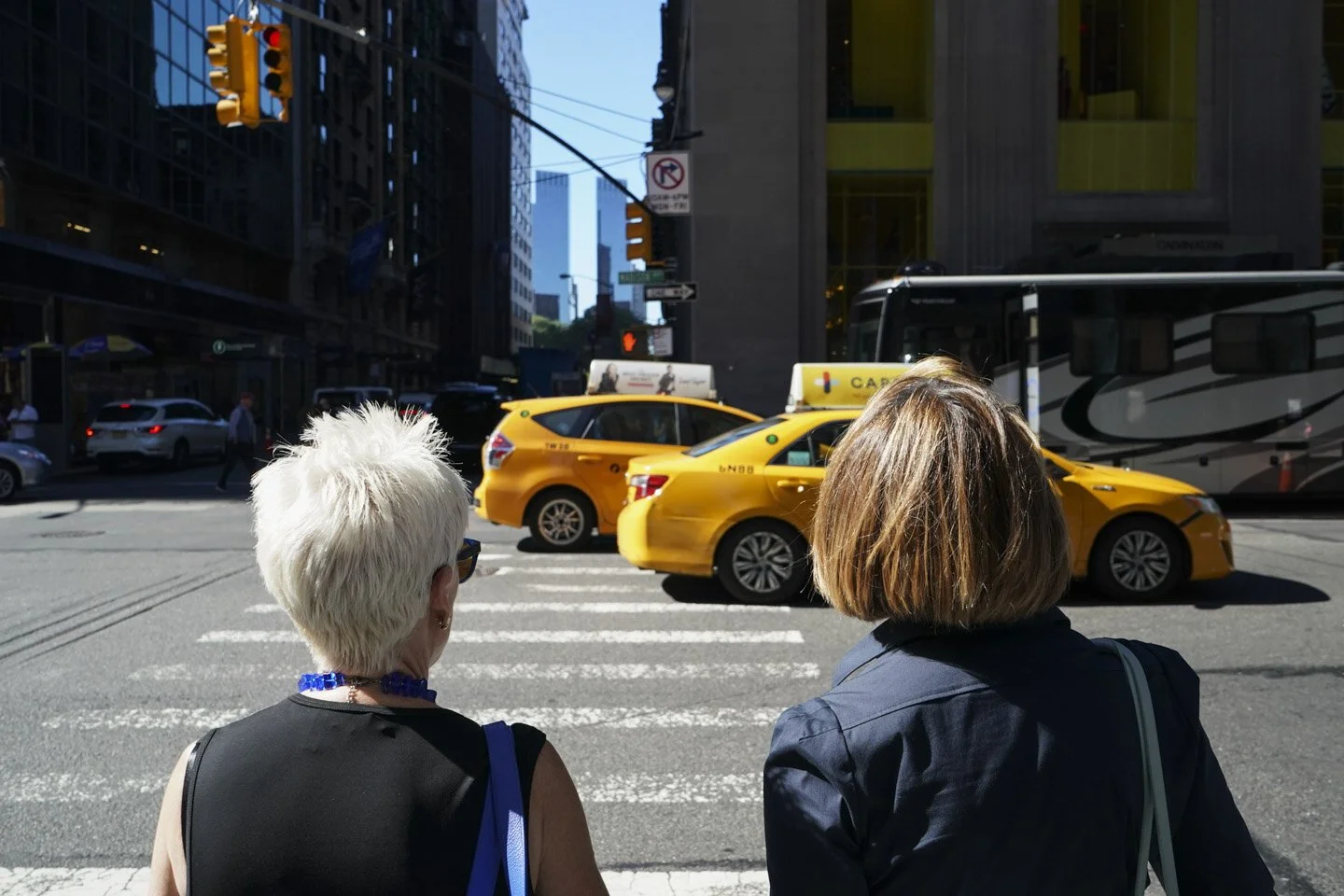The New Seventy--and Eighty and Ninety--Have Never Been Seen Before.
By Erica and Karen
No, fifty is not the new thirty, and seventy is not the new fifty. The new seventy, and eighty and ninety have never been seen before. We have to completely rethink our views of age. We are older and entirely new.
What does it means to be old ? How we think of oldness has always changed as we age (remember never trust anyone over thirty?) Now, it is being fundamentally altered as a result of demographic changes of which we are big beneficiaries. Medical and health advances undertaken decades ago have given us an unprecedented life expectancy, during which we can expect to maintain our physical and mental wellbeing—if we work on it and escape scourges like dementia and cancer. And of course COVID-19.
We recently heard a new word—gerontolescence. A thing of beauty it is not, but we like its meaning—a new period of transition some liken to a second adolescence—a second growing up stage. People who are 50 to 75 are not old in the sense that they would have been a century age. In fact, somewhat miraculously, they have the huge benefits of experience and wisdom without becoming decrepit. Mirabile dictu!
Because of that, we need to treat people over 50 or 60 as valuable members of society—for two reasons.
First, those of us who are already over that threshold want fulfilling lives, in the world we helped create, and, since some of what we created has not worked out very well, to make that world better.
There is science to suggest that beyond just feeling useful, a key need for successful aging is to feel that you have contributed to leaving the world better than you found it.
Second, society cannot afford to put all of us out to pasture, with the triple negatives of imposing vast health costs on everyone, wasting the assets we possess, and making us feel bad for no good reason.
Persistent agist stereotypes are amplified by media that fail to show older (read over 50) people doing things that everyone else does. Showing them, if at all, hunched over canes or looking vacant as they rock out in a field. This skewed picture is not reality. When the facts come out, people change their minds quickly about the capabilities—and the value—of older people. Look at this delightful AARP video.
To consider a person who is fully active and engaged old just because she has lived a few decades is hiding reality behind an outdated stereotype.
[A]ctive adults in later life should not be considered old and they were often the victims of prejudice. “We live in a society where we know sexism is wrong, we know that racism is wrong, but actually there are many, many examples where stereotyping according to age is seen as acceptable.”
The truth is that most of us would cheerfully engage in purposeful activity until we are much much older than the current retirement age—set in the 1950s or earlier. The Harvard Business Review recognizes that dated thinking about retirement is a barrier that hurts everyone:
The myth propagated by the retirement industry is that people over the age of 65 should retire. Despite the billions of dollars spent convincing us that our “golden years” should involve travel, golf, and sitting around the pool, research actually shows that people who stop working and retire often suffer from depression, heart attacks, and a general malaise of not having as much purpose in their lives.
“Older employees can be incredibly valuable to companies,” says the executive director of the Global Coalition on Aging (GCOA), a research and advocacy organization that advises businesses on how to maximize the opportunities of an aging population. Indeed, intergenerational workforces are the future.
Employers should confront negative age stereotypes and biases. But that’s just the beginning. We’re talking about designing the workforce of the future. There’s increasing understanding that mixed-age teams may outperform both exclusively-young and exclusively-old groups. In the years ahead, enlightened companies will emphasize intergenerational strategies that capitalize on the energy and speed of youth and the wisdom and experience of age.
Of course, the point is not solely that we should be allowed to work long past the current, but very dated, retirement age. That dated view also signals the prejudice that we are past our sell-by dates—a conclusion with no factual basis. We are valuable members of society, just as we were before we retired, and we should be seen that way—for our own good, but also to prevent the waste of what only older people have—experience.
The new seventy and eighty and ninety are going to require work. We have no role models. We have been given a great gift, and with it comes great responsibility. Let’s celebrate—and then let’s get to work!

